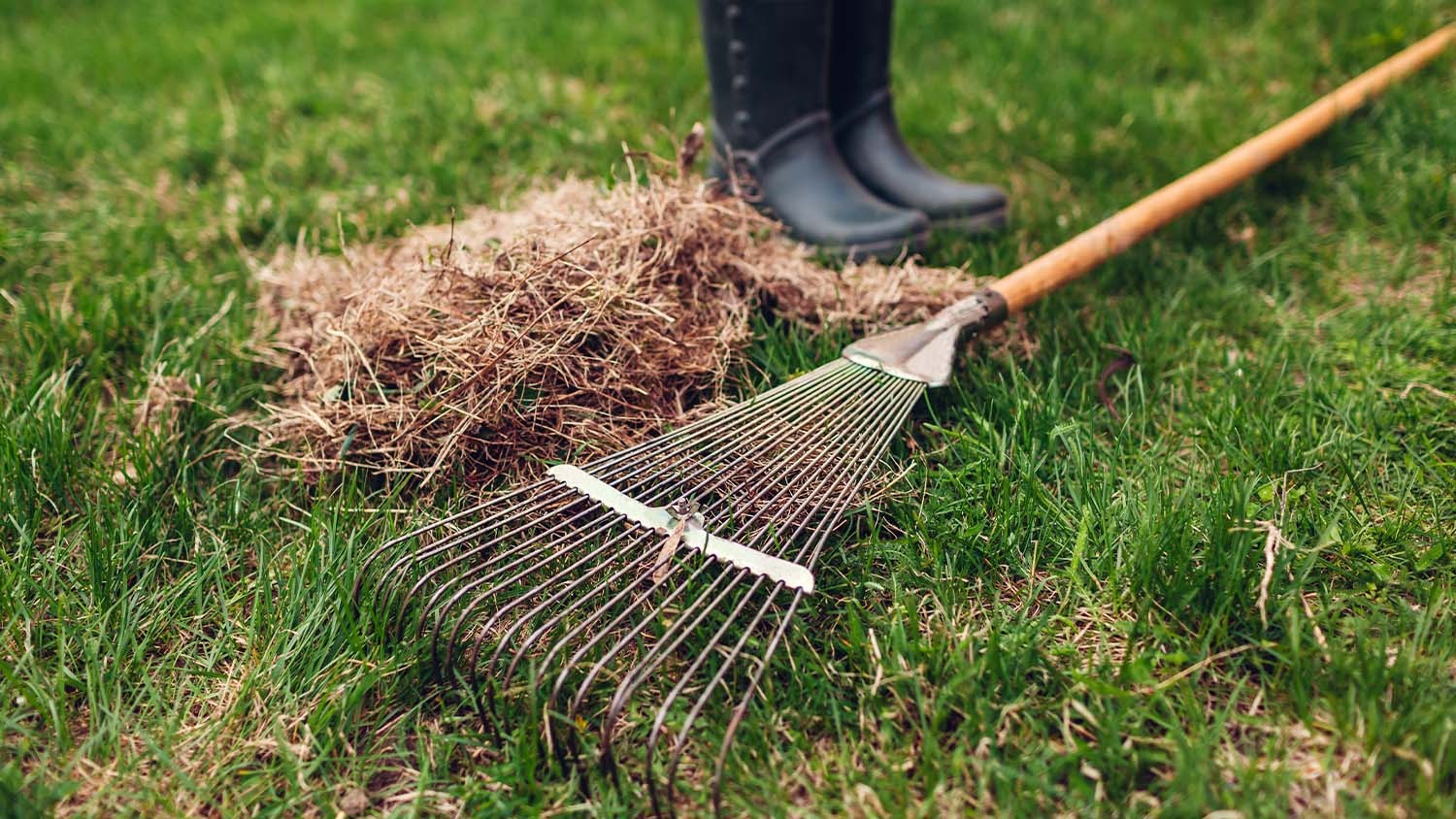MEMPHIS, Tenn. — It’s one thing to talk about blight in a neighborhood. It’s another to move into the neighborhood to change it.
“I saw attempts at revitalization of certain corners and certain little spots, but it was uneven and unsustained and I was thinking what can I do here.”
The area around South Memphis has been near and dear to Clarence Christian for over five decades.
“As I was driving in one morning I just paid attention to this corner because I knew the people who lived here in the 60s.”
At that time, Christian attend LeMoyne-Owen College. He said the area is very different than what he remembers. That’s why he moved back.
“This neighborhood is fine. I can find me a nice place, live comfortably. I’m not afraid of anybody; no one is going to bother me.”
After buying a house in Soulsville his mind came back to this blighted piece of property on Saxon.
“I’ll just buy it and maybe I’ll build a house. Maybe I’ll do something.”
Through the city’s land bank, Christian and his Alpha Phi Alpha fraternity brothers were able to acquire the property.
“We know that Memphis used to be known as the place of good abode and it can’t be a place of good abode if everything is not clicking properly. And we figure by doing this part of the work it might encourage others to do the same thing.”
Today members of the fraternity and young people in the community tend to the kale, cabbage and tomatoes that are growing.
We’ve seen community gardens springing up across the city but this one has something extra. What looks like an overgrown lot is actually an urban forest.
“Out here you’ll see a garden snake running… a bird, so you’ll see things and, more importantly, you’ll come to know what those things are, why they exist and what your relationship is to them.”
The peppers, broccoli, spinach and other vegetables growing here aren’t available at any store in the neighborhood. Christian said it’s not only about making the food available to people, but also teaching them how to enjoy it.
“Sometimes people who live in adverse circumstances don’t even realize the negative impact that’s it having upon them – their attitudes, their behaviors, their relationships, even their life chances.”
Christian revels in teaching young people how to plant, tend to and harvest the food from the garden.
“The process is sometimes just as enjoyable as the product.”
It’s his chance to feed their bodies and minds.


















